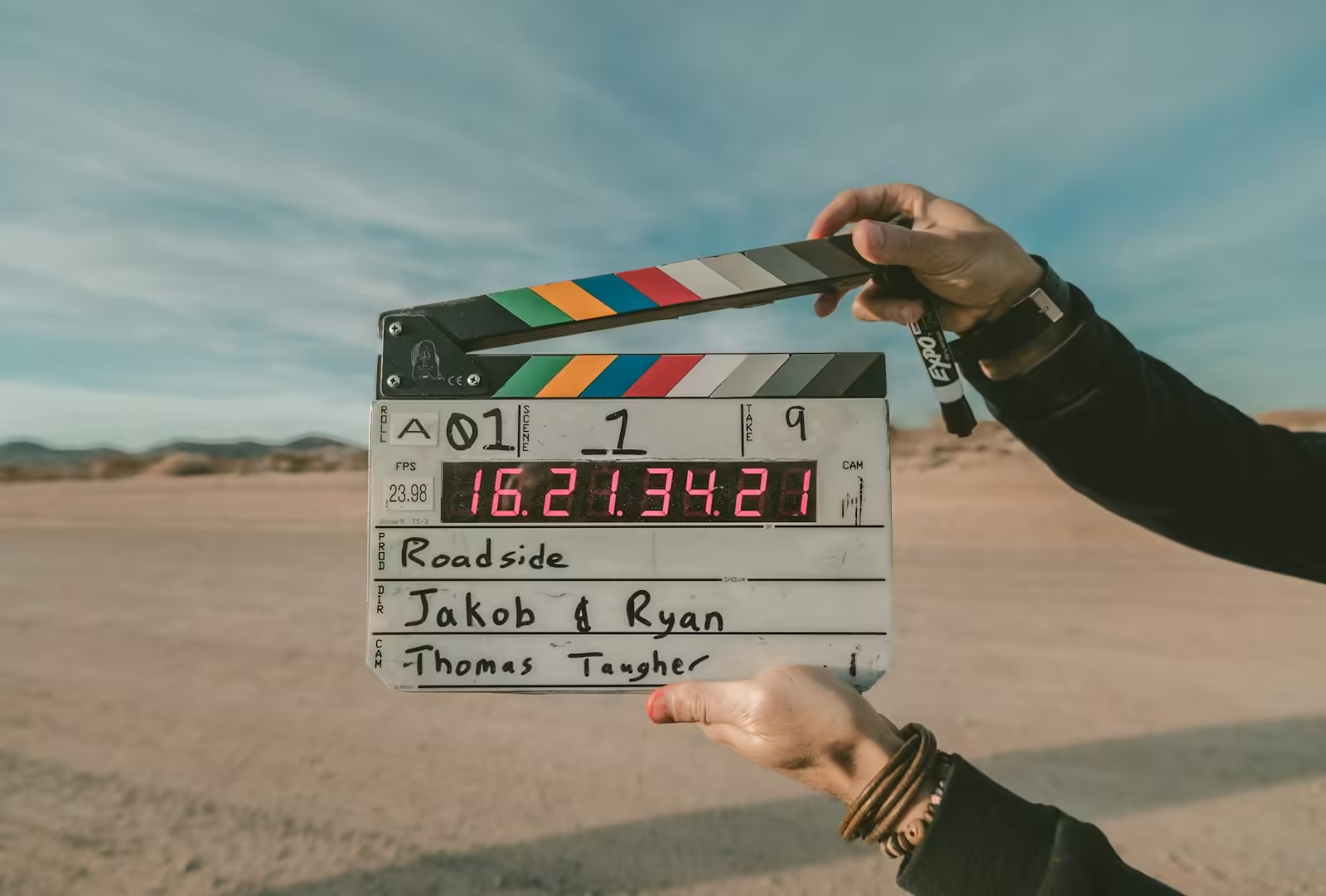
Table of Contents
A mainstay of 1960s TV, The Wild Wild West has survived through comic books, novels, retellings, and the an infamous 1999 cinematic adaptation. The four-season series on CBS was a wild combination of Western, science-fiction, and detective genre ideas, continuing in the steampunk tradition of famous writers like Jules Verne. The Wild Wild West, starring Robert Conrad and Ross Martin, was noted for its inventiveness, humor and action.
However, despite its broad appeal, the program was caught in the crossfire of political unrest when congressmen expressed concern about the similarities between televised violence and real-world violence. The cherished series was suddenly the talk of the town as America approached a turning point.over what kind of content was deemed acceptable on television.
RELATED: Best Movies Based on TV Shows, From ‘Mission: Impossible’ to ‘Wayne’s World’
A Changing Entertainment Landscape
The 1960s was a tumultuous and tense period, often regarded as an important cultural decade in American history. Major changes took place on many fronts of society as people experienced social transformation, wartime divisions, political assassinations, and a marked increase in general violence and instability. The rigidity of the past gave way to experimentation and provocation in the arts as a growing counterculture of new ideas and evolving sensibilities emerged.
Leading one of the most exciting and dynamic eras in entertainment history, writers, directors and producers in the film and television industry strove to keep their finger on the pulse of an ever-changing world.
Producer Michael Garrison attempted to combine the waning appeal of westerns with the growing detective genre in the mid-decade. He made a straightforward suggestion to CBS: What if James Bond was an Old West action figure? The network embraced the concept, seizing a rare opportunity to combine genres, and the result was The Wild Wild West.
The show, which premiered in the fall of 1965, chronicled the daring adventures of gadgeteer Artemus Gordon and Secret Service agent Jim West as they faced off against powerful enemies who threatened chaos and disaster. Despite the show’s immediate popularity with audiences, elites in Washington, D.C. began to take notice of the series’ violent depictions.
‘The Wild Wild West’ Was Notorious For Its Violent Content, Both Staged and Real
Films and TV shows of the 1960s broke taboos in a variety of areas and moved away from the Hayes Code era that had mainly characterized the decade before it. The subject matter, especially involving sexuality and violence, grew more prominent and prominent. Wild Wild West was one of numerous TV series that encouraged talk about the possible effects of fictional violence on real life. And as it turns out, the series’ trademark violent arguments and generic action weren’t just reserved for the fantastic.
Robert Conrad, the show’s fearsome hero, was famous for demanding he do many of his own stunts. The actor held his own against stunt professionals, even helped plan fistfights and put himself in danger—that is, until one particular stunt went horribly wrong.
Attempting to swing from a chandelier and jumping from a balcony, he suffered a terrible fall and was seriously injured. CBS stepped in to protect its star, prohibiting Conrad from participating in risky stunts again. Yet, despite the network’s efforts to limit the series’ increasingly disturbing optics, a political movement to raise awareness of violence on television was taking hold.
Congressional Pressure Leads to ‘The Wild Wild West’s Being Canceled
Congress repeatedly expressed concern about violence on television before the 1960s. In 1952 and 1954, sub-committees were set up to hear the matter; The Adventures of Superman was a popular television show at the time. But by 1969, with growing social unrest and political unrest in the US, Senator John Pastore of Rhode Island raised the issue of televised violence once again.
The growing unpopularity of the Vietnam War, Martin Luther King Jr. and Robert F. The year before was notable for a significant increase in anti-war sentiment due to the tragic death of Kennedy and tensions surrounding the developing civil rights movement. All these factors created a perception that America was closing in a boiling point of unrest.
Some politicians in the United States were eager to point their fingers in the direction they thought would be beneficial, rather than approaching difficult subjects with complexity and common sense. They turned to their televisions, where the violence portrayed in the shows they were watching provided an ideal scapegoat. The Communications Act of 1934, however, would provide challenges for handouts as it established strict guidelines for censorship and broadcasters’ right to freedom of expression.
After several hearings led by Senator Pastore and the support of like-minded Americans (as demonstrated by surveys conducted by the U.S. Surgeon General), pressure increased on television networks to reduce the amount of violence broadcast to viewers.
Despite a Premature Cancellation, ‘The Wild Wild West’s Legacy Would Live On
The Wild Wild West may be the most-watched program because of congressional oversight, but it is not the only program to fall victim to the political conflict of broadcast violence. The series’ final hour of action and adventure aired on April 11, 1969, despite the show’s consistently strong ratings for nearly 100 episodes. But the legacy of The Wild Wild West has endured for decades after a four-year run. Wild Wild West Revisited and More Wild Wild West were two television movies that aired in 1979 and 1980 respectively. Several novels and a seven-issue comic book series would also be released in the years that followed.
In addition, the popularity of The Wild Wild West survived through iterations and of course a legendary 1999.Cinematic presentation. Although Barry Sonnenfeld’s film earned a terrible reputation as one of the most infamous and confusing mistakes in cinema history, it also introduced the 1960s series to a whole new audience.
READ | 10 Terrible Movie Sequels That Leave a Bitter Aftertaste


1 thought on “The Wild Wild West: The 1 Strange Reason for the Show’s Cancellation”